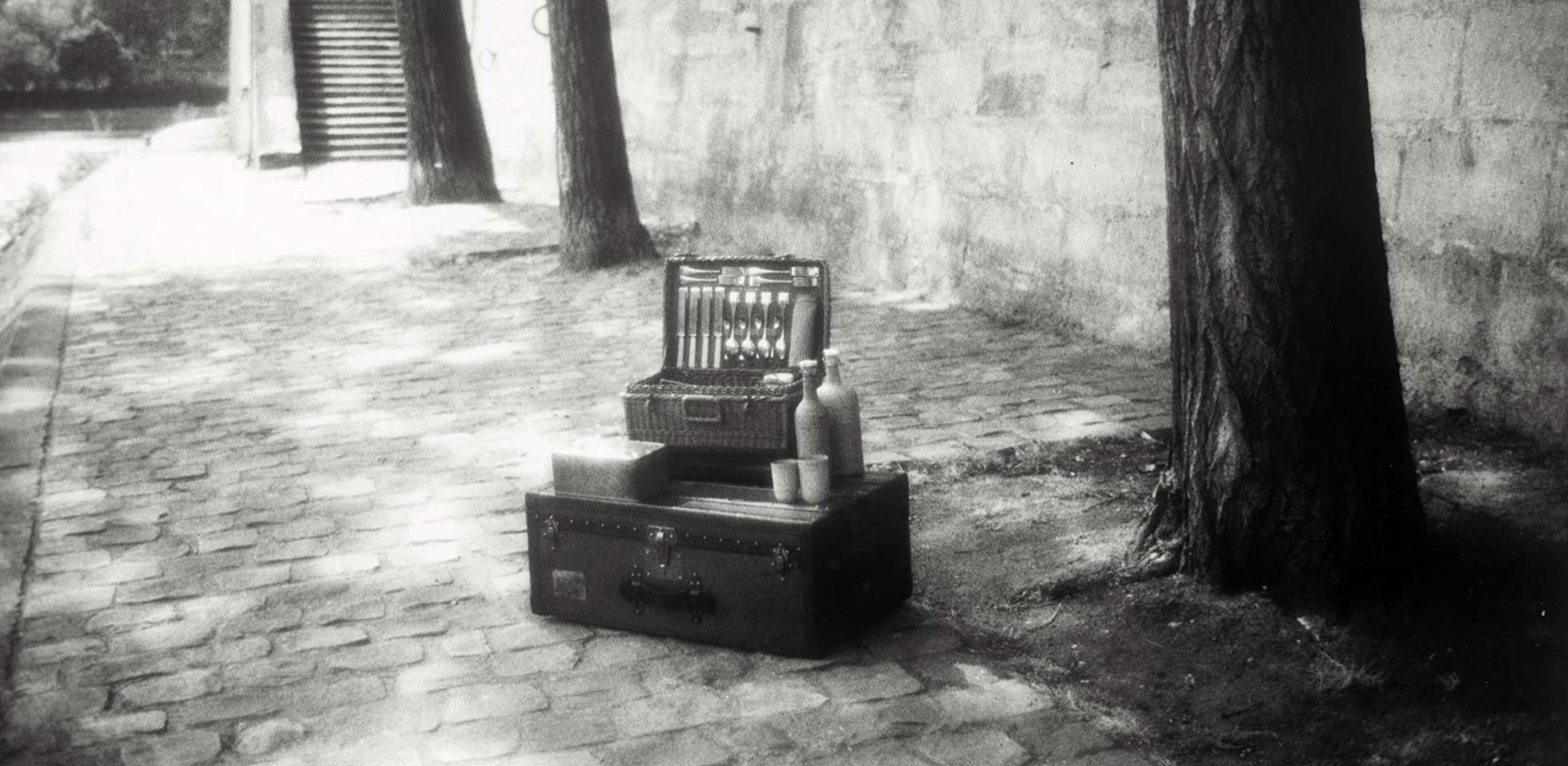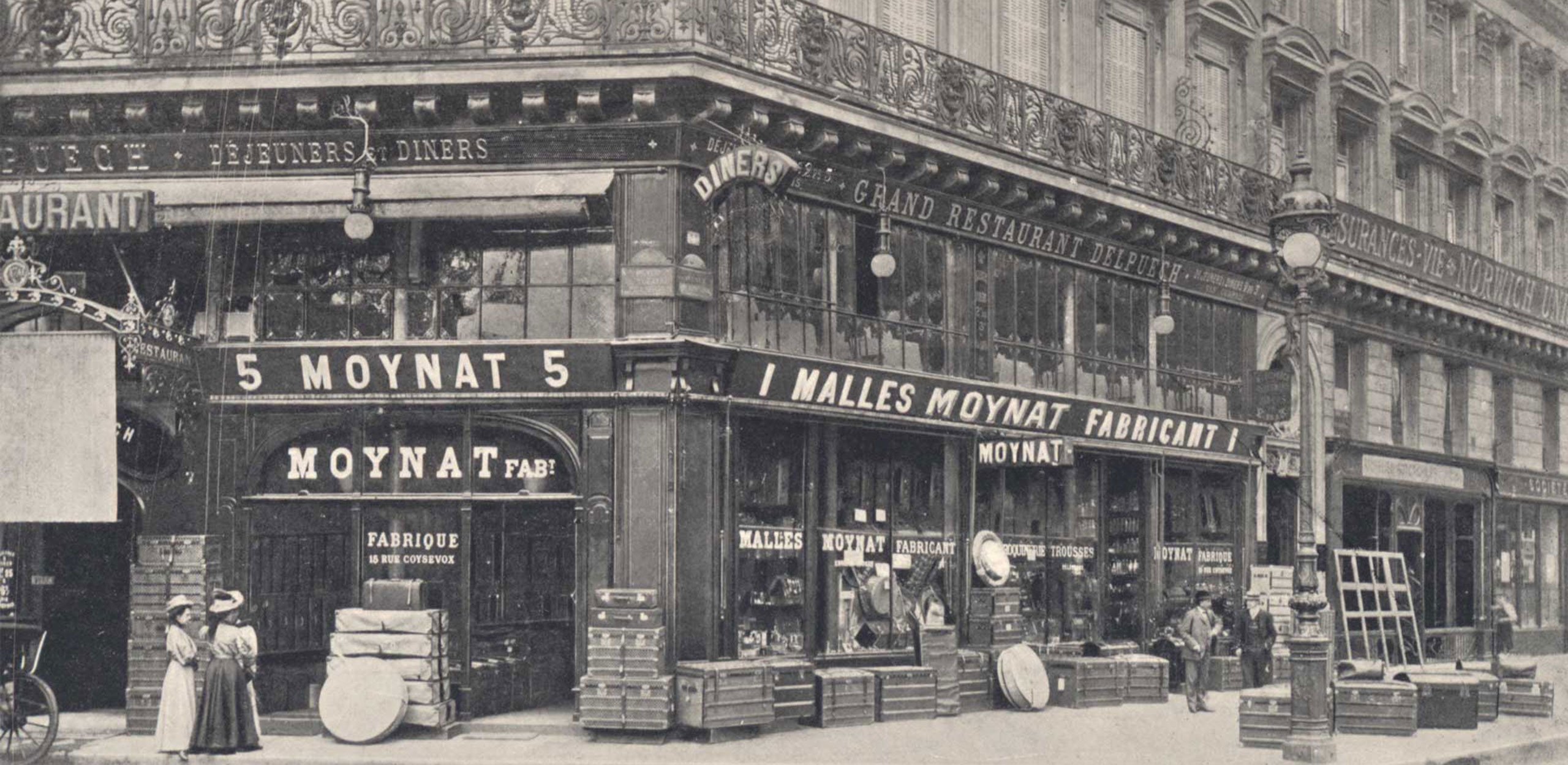
Pauline Moynat is the first female trunk artisan in history. She moved to Paris when she was 16 years old and was deeply captivated by the local crafts and the lifestyle of the city. After establishing Moynat in 1849, she created designs based on such elements, making France the most important theme in her designs. Moynat’s first store was located next to Comédie Française, only footsteps away from place du Théâtre Français. This was due to her love for theater arts. At the same time, it witnessed her friendship with actress Gabrielle Réjane.
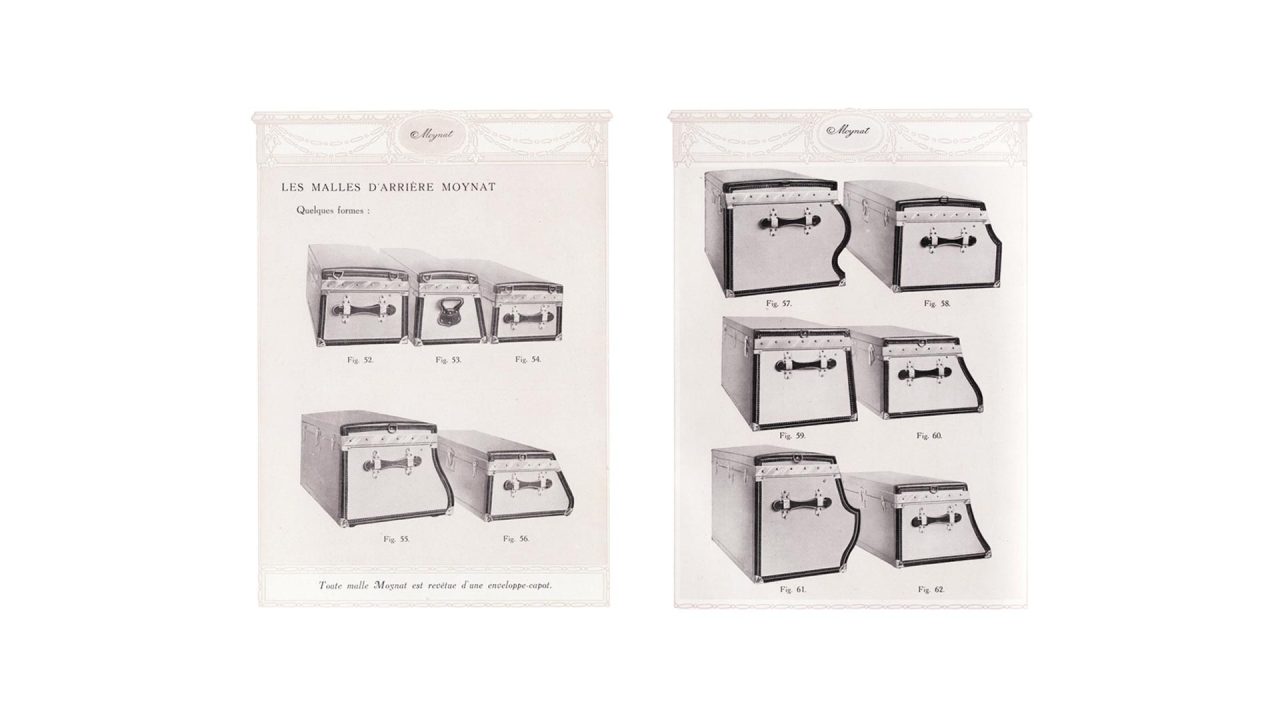
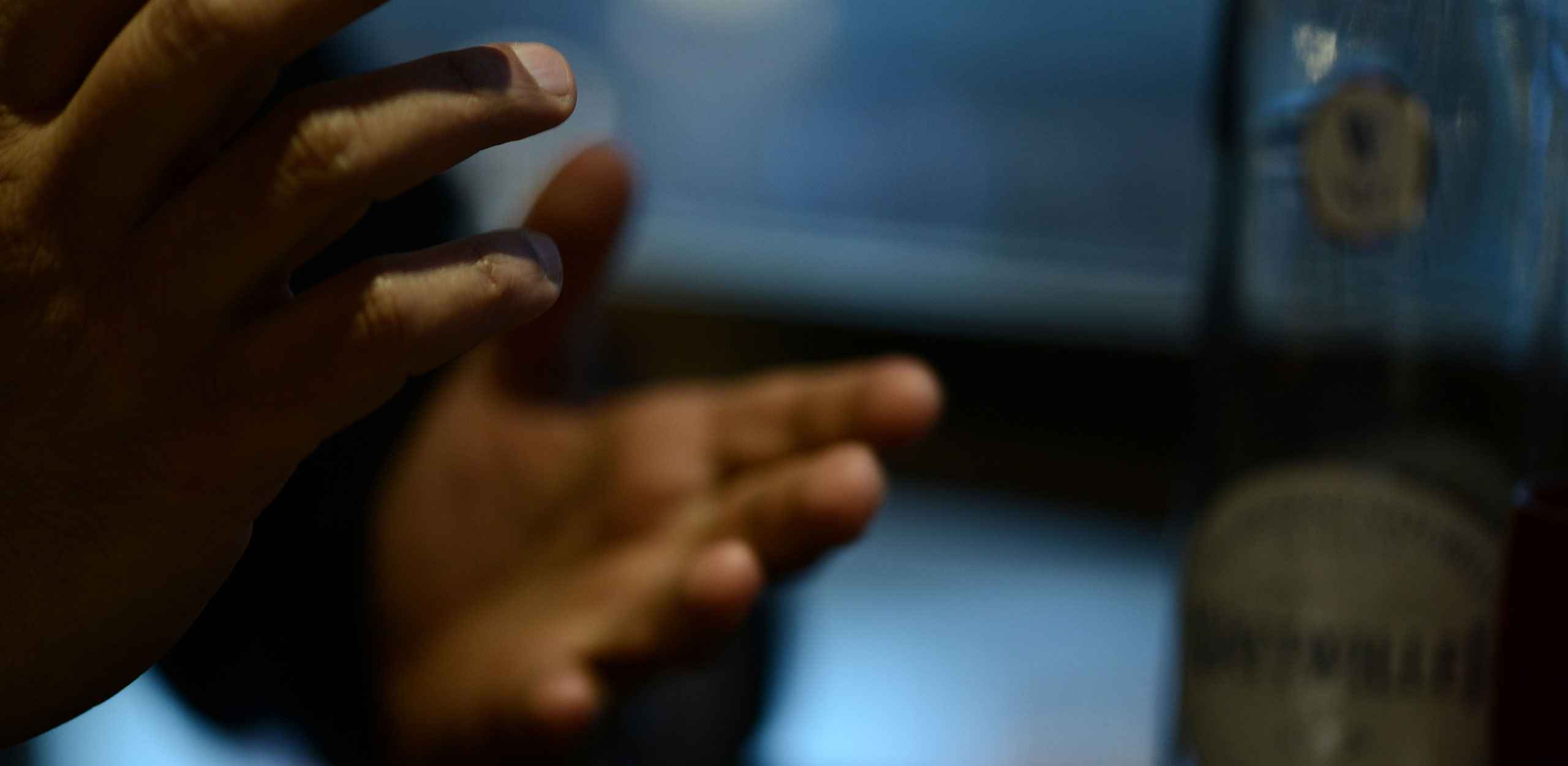
Been through different prominent events in history such as the First World War, the 1932 Great Depression and the Second World War; the brand has been through a lot of ups and downs. It was thought that the brand’s success will never end, but it ultimately closed down in 1976. Until 2010, LVMH CEO Bernard Arnault purchased it as a mean to “Preserve French Luxury Heritage” and incorporated it under his private collection Groupe Arnault.
After a period of time spent on recollecting and restructuring the brand, it opened shops in Paris and London, with Hong Kong being their first Asia location. Sitting in front of us is Ramesh Nair, who took over the position as the brand’s creative director. This gentle and a bit camera shy gentleman tells us about his views on craftsmanship and humanity.
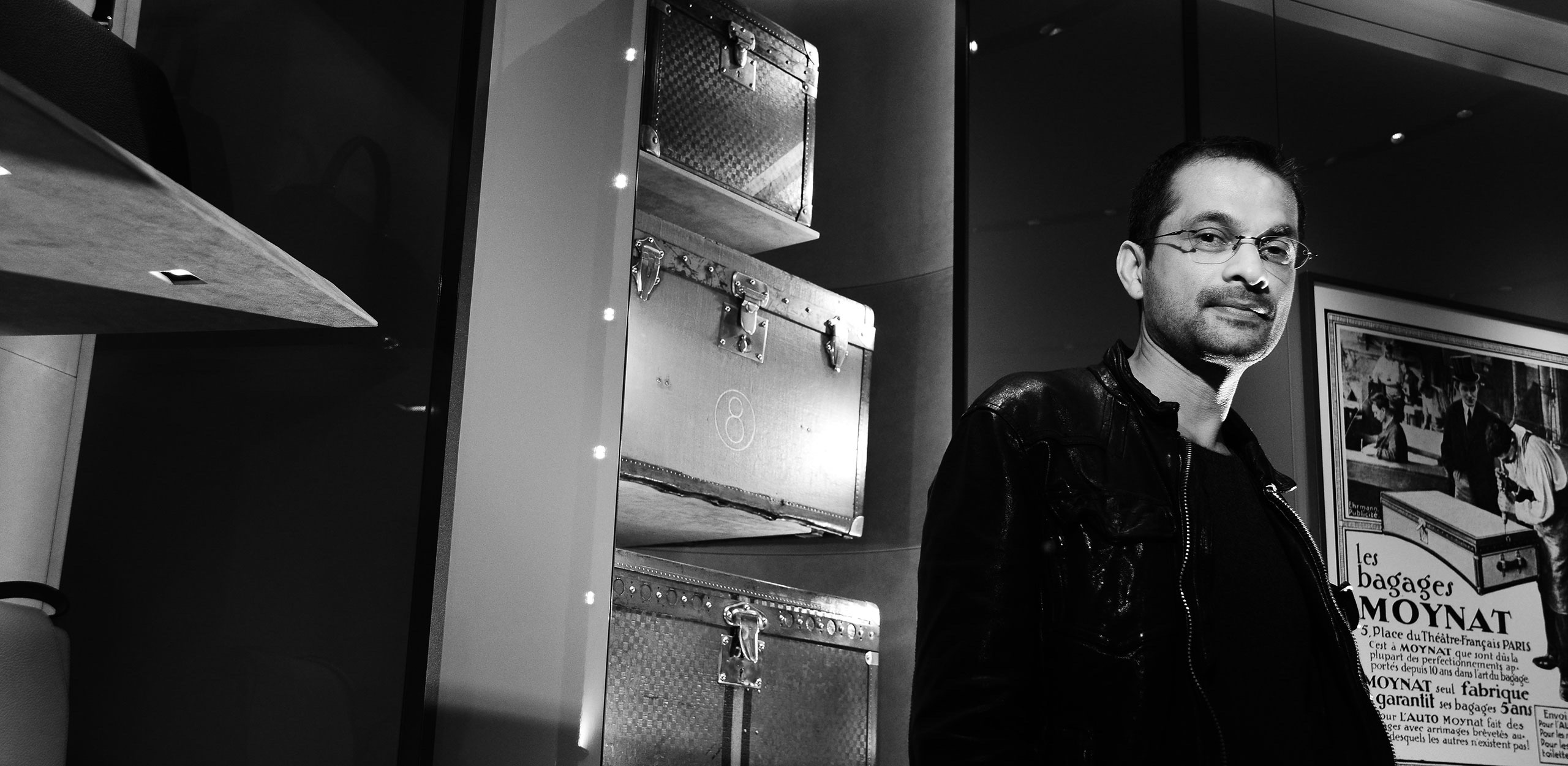
The timelessness and classic-ness of luxury products have always been questioned. When it comes to fashion, it always fell under the influence of seasons. It might just be a sales practice, but fancy flocks of new products always made it hard for customers to adapt to. For Moynat though, customers are their seasons and climates. “Luxury is not when you put all that you own into a basket, but it is that one single product which can well represent you.” Techniques and designs can become the signature for a brand, but only attitudes can be spread and it barely change through time. The nature of things can not be transformed overnight. “Can hairstyles be replicated? The way that it is cut could be, but your hair’s growth and my hair’s growth will never be the same.” Ramesh smiled and said. “People always compare brands that appears to be similar, but the reality is only their forms can be compared.”
Speaking of the brand’s core qualities, he pulled out an old piece of paper from his notebook. A bunch of keywords are written over it, such as classic, elegance, simplicity and minimalism, all within a few handwritten short phrases. Amongst the different meanings that can not be generalized, it is their team of 6 only craftsmen who has transported the brand’s exquisite concept throughout a product’s start to finish.
They restored their made to order service after the brand was restructured. This way, people can be reminded that it is not the quality of the leather or the exquisite style which injects a certain attitude for the user, but the consultations that are done prior production and it is the infiltration through the production process which makes the product worth treasuring and can be passed on. A lot of their products has been passed down from previous generations, and even though such action may not be a big thing and is just a natural occurrence; it has indeed happened for over half a century. Even though their products are worn out over the years, there is still a value within which can not be disregarded.
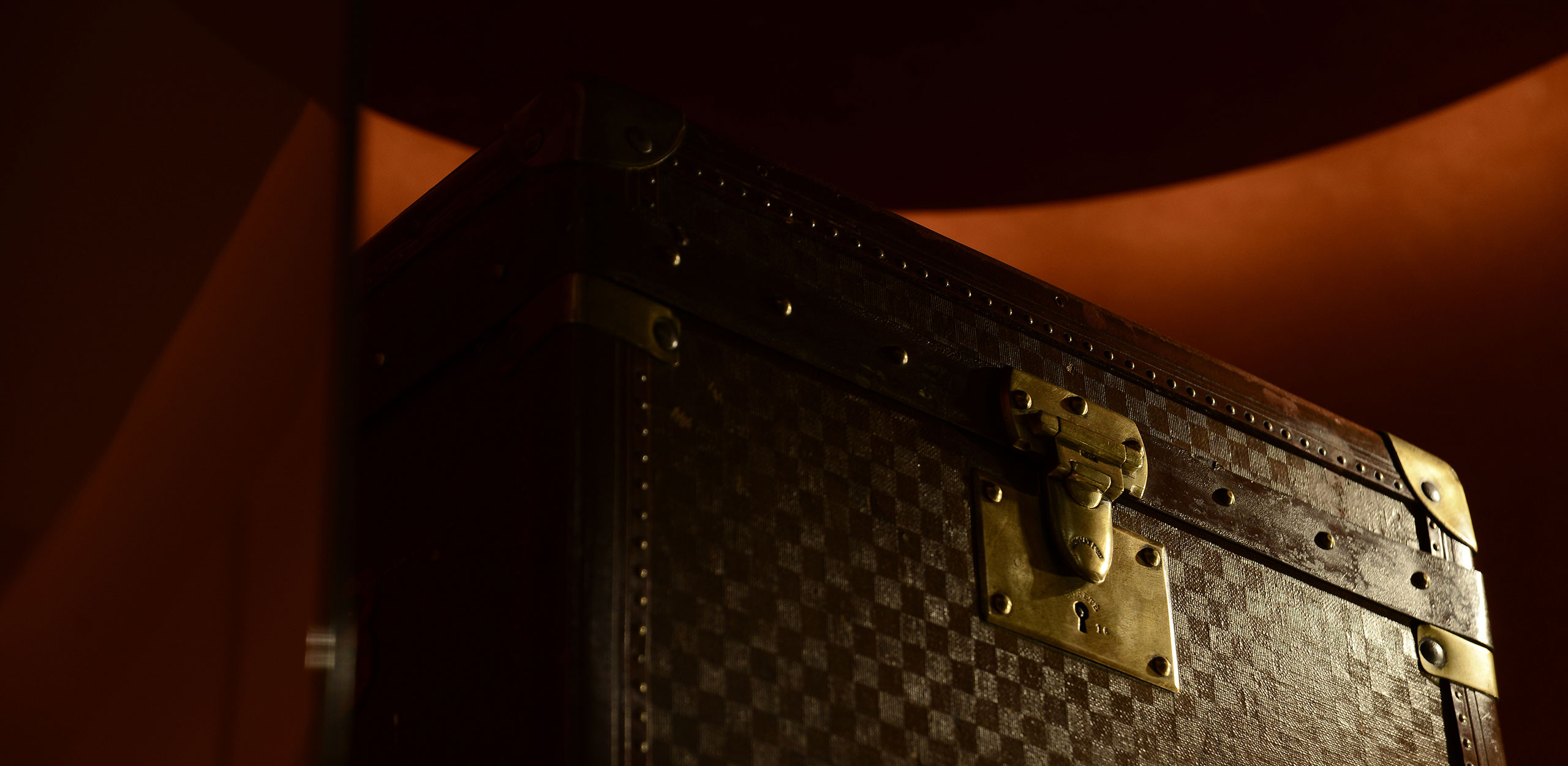
Anybody will encounter fatigue and exhaustive moments when design ideas run out. The way of Ramesh to solve this problem is to sleep. However, when design-related issues spring to mind in that “half awake” state , he would automatically wake up and write it down. He can never fall asleep by rushing, which is why he situated Moynat’s atelier only 3 minutes away from their Paris headquarter.
He feels strange about his collection of watches, lamps and sneakers. “I also collect memories. As a designer, memories are my treasure, even dreams too. Do you know what a Déjà vu is?” Ideas can be read through experiences, and sometimes they dictate the source and motivation for creation. “Voice gives me an especially vivid memory. Faces will change, but voices usually stay the same.” Ramesh thinks back as he sips on his mint tea. “A friend who I have not met for 35 years called and I only remembered his childhood voice, but the feeling told me that it was him.” There was a slight hint of magic or lament in his tone, I suppose this is one of the Déjà vu moments he was talking about.
Throughout the whole interview, Ramesh often mentioned the term “Open Book”. He uses design as a unison language which is open for anybody’s interpretation. “Human. That’s what we are.”
“Don’t rush, having the chance to be lazy is a luxury.” We’re all living people, and all that we need is nothing more than this humble wish.
